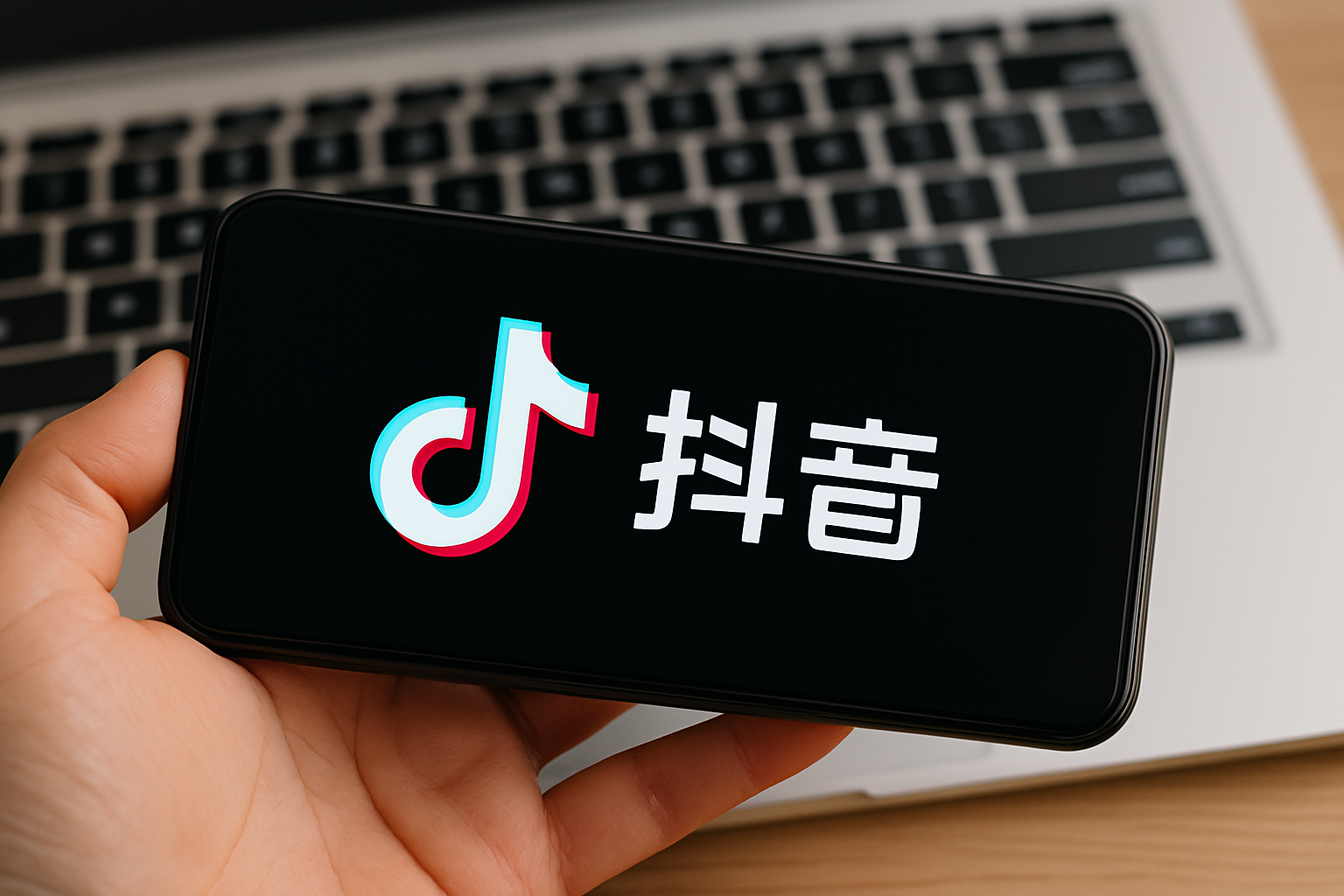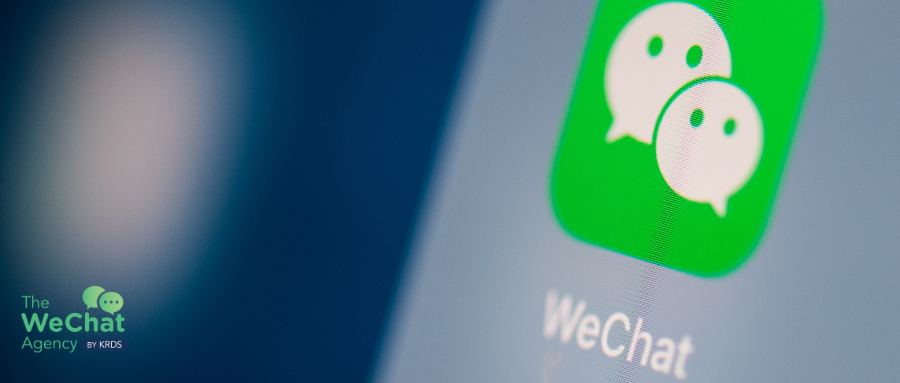We all have heard of Valentine’s Day or “Lovers’ Day,” but have you heard of “Singles’ Day” aka 11/11 or Double Eleven? Interesting right? It is celebrated in China, and it is one of the biggest retail festivals here. A huge event in the marketing calendar of many retailers. And, if you are targeting a Chinese audience, then this is an amazing opportunity to make huge sales.
Let’s learn more about this singles’ day and understand ways to capture an audience in this highly competitive market.
What is “11/11” and how did the craze take over China in the last couple of years?
The festival started when the students of China’s Nanjing University celebrated “Bachelor’s Day” as a sort of anti-Valentine’s Day around 1993. Why November 11th? Numerology is very popular in China. November 11 looks like four lonely sticks when written, and hence, Singles’ festival was born. This celebration started spreading among other universities. Men and women started celebrating it. So, eventually, 11/11 got the name “Singles’ Day.” People celebrate this occasion by treating themselves to gifts and presents, making Double 11 a huge retail festival in China.
In 2021, around 900 million shoppers purchased luxury items from Gucci, Burberry, Coach, and other luxury brands. China’s two tech giants, Alibaba and JD.com, together they set a new world record by earning around $139 billion. Due to this huge craze, there is a lot of competition as well among brands. To survive the competition, campaigns must be well-prepared. Brands collaborate with KOLs and online advertisements to promote their product and get better awareness among consumers.
Tmall was the one which initiated the Singles’ Day Shopping Festival in 2009. It has grown over time into a shopping phenomenon and greatly impacted the global retail sector. In November 2011, the one-day sales of Singles’ Day surpassed the sales of Cyber Monday in the United States. It has become a massive internet shopping festival.
Every year, Tmall organizes a massive shopping extravaganza that features unending live-streaming sessions, amazing discounts, and celebrity appearances. Other shopping giants like JD.com and Pinduoduo also joined this heated competition.
Why Double 11 sales are going down?
However, Tmall’s sales have dropped dramatically in recent years. Not only Tmall but also Alibaba and JD.com saw a drop in sales in 2020. Some of the reasons for this downfall are
- Singles’ Day has been around for more than a decade and customers are not as excited as before. Today they are also much more familiar with the tactics and campaigns done by the brands.
- Starting the sales window way too early. People purchase in the initial sales and this makes the actual day or week revenues much lower.
- Livestream e-commerce is a huge hit among consumers but live-streaming features are available on all social media platforms nowadays. This makes the e-commerce houses like Tmall hard to grab the audience’s attention through their live streams.
- With numerous promotions and campaigns all around the year, Singles’ Day stands out less. This makes the Single’s day sales feel less special and results in low sales. Check the list of other e-commerce festivals in China and you’ll see that Chinese consumers have multiple occasions to hunt for deals.
- People are getting more aware of consumerism. Many have started becoming more conscious of the products they buy, from whom they buy, and shopping sustainably.
Brand practices and consumers’ reaction
During these festive sales, the competition gets fiercer. Brands also join e-commerce platforms to get more sales. With offers and discounts available in online stores, offline stores, and live streaming channels, people are finding it difficult to purchase products at the lowest price.
Even big brands got under fire due to false advertising with L’Oreal among them. Though they topped Weibo’s list of the hottest searches, they got a huge backlash for misleading the consumers. As the issue continued to bubble, the hashtag #L’Oréalaccusedoffalseadvertising trended on Weibo, reaching 150 million views.
Consumers have recently stated that they would rather purchase goods at regular prices when needing them. As opposed to comparing numerous coupons and discounts to find the best deal.
Post-COVID reality
Post-Covid, many users have become more cautious about spending money. Consumerism is getting more criticism, along with the crazy amount of excessive and unsustainable packaging that 11/11 creates. Chinese consumers are aware of the effects of global warming and have experienced its impact. People are becoming more aware of the situation and want to take the essential steps to avoid consumerism.
This has forced brands and e-commerce giants to adopt sustainability. This year’s 11.11 shopping festival coincides with the 27th United Nations Conference on Climate Change, also known as COP27. Over the course of the 11.11 Global Shopping Festival, Alibaba Group is promoting sustainable consumption throughout its ecosystem. Alibaba has partnered with brands and merchants to provide Chinese consumers with more sustainable products at a time when they are looking to live more sustainably.
The biggest stars of last year Double 11 in trouble
Note that live-streaming e-commerce started booming in China during the pandemic. In 2021, more than 320 million customers in China will make at least one purchase from a live-stream session. We also covered quite extensively live-streaming tactics for WeChat Channels.
Viya and Li Jiaqi, China’s two famous live streamers, were the biggest winners of Alibaba’s Singles’ Day in 2021. The power duo generated GMV worth $3.1 billion (20 billion yuan) during their October 20 live stream session, which is close to 10% of the entire 2020 Singles’ Day event. Li Jiaqi pre-sold $1.9 billion (12 billion yuan) in products ranging from Shiseido creams to Apple AirPods. Viya also registered a smashing success, selling about 1.2 billion (8 billion yuan) in goods during a 14-hour live stream. Li Jiaqi, also known as Austin Li, was one of China’s biggest internet celebrities, with 64 million followers on Taobao. He once sold 15,000 lipsticks within 5 minutes in a sales competition against Alibaba.
But the superstar has gone silent after his show was abruptly cut last year due to connotations with political events. There is a long silence from Li’s side, which is very uncommon for him. He isn’t the only internet star to vanish from social media in China in recent months. Shortly after her successful 11/11 appearance, Huang Wei, also known as Viya, was fined $210 million for tax evasion. Huang had millions of followers on China’s major social media and shopping platforms, but her accounts were removed in December. She has not appeared online since then.
The sudden rise and fall of China’s most well-known influencers serve as a reminder. Brands should keep in mind how risky it is for brands to invest only in KOL marketing. This can have a huge impact on this year’s Singles’ Day sales.
New Singles’ Day strategies
Loyalty program
Brands have slowly started to realize that when it comes to building a strong, long-term relationship with shoppers, there is more to success than just offering deep discounts. The 14th edition of Alibaba’s 11.11 Global Shopping Festival in China features over 290,000 brands. It has provided retailers with tools and solutions for expanding their brand loyalty membership programs and introducing new products this year.
Membership has become a high priority for brands on Tmall because it allows them to interact with consumers most directly and, for some, provides a higher level of certainty over sales during 11/11. To date, over 40 brands on Tmall have loyalty membership programs with over ten million members, and 600 brands have loyalty membership programs with over one million members.
Alibaba is one e-commerce platform that has made strong progress from a GMV focus to a loyalty focus. “Alibaba is relatively ahead of the curve by serving these high-quality consumers,” said Ralph Wu, an associate partner at Bain & Co.
As of June 30, Alibaba also had 25 million members of its 88VIP loyalty program, with each member spending more than 57,000 yuan per year with the Hangzhou-based company. 88VIP is a mechanism designed to help participating brands and merchants increase stickiness and deepen consumer engagement across Alibaba’s ecosystem.
Brand storytelling
Claire Sun, Marketing Director of Royal Canin, a pet food brand with 1 million members and a decade-long presence on Tmall, talked about the brand’s 11.11 preparations and the benefits they’ve gotten from Alibaba’s platforms.
Royal Canin’s 11.11 preparations took a different turn this year. The company started early and collaborated with Tmall to host its first-ever Super Brand Day in the pet category.
This enabled the brand to amass a wealth of consumer insights and customer assets in advance of 11.11.
Bilibili joins 11/11
A new player is joining this year’s “Double 11” e-commerce battle: Bilibili (also known as B Station). The video-sharing site officially launched a live-streaming shopping function ahead of China’s biggest shopping bonanza.
At present, Bilibili’s live broadcast rooms offer products from its self-operated stores and those from Alibaba’s Taobao and JD.com.
To grow its livestream army, Bilibili has lowered the threshold for video uploaders to host their own live broadcast rooms. They must be at least 18 years old and have at least 1,000 fans. On top of that, they need to possess broadcast records from the past four years.
Overall, there is still a long way to go before B Station can pull ahead in the live-streaming race. It will be tantalizing to see how the video-sharing site will fare during the Double 11 shopping festival.
Conclusion
Chinese e-commerce behemoths created online shopping festivals like Double 11 to boost sales through discounts. Double 11 remains an important event for increasing brand and product exposure. However, brands should prioritize positive relationships with end consumers over skyrocketing GMV.
If you want to know more about retail festivals in China and e-commerce, please contact our team. We use our knowledge and expertise to help businesses build meaningful partnerships and develop their networks among Chinese customers. For additional information, please contact us at contact@thewechatagency.com



